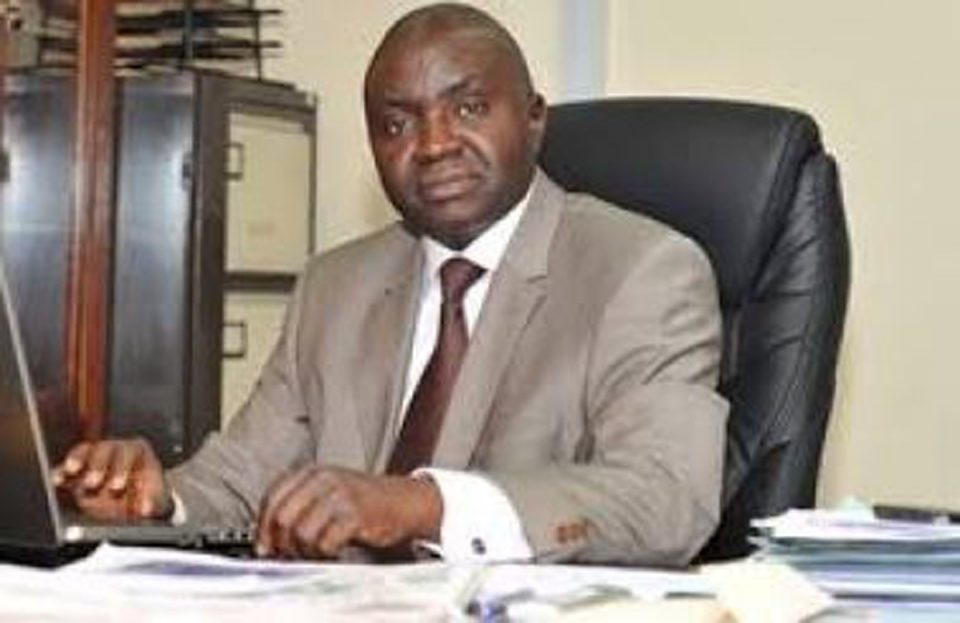The representatives of the organised private sector (OPS) of the Nigerian economy have rejected the recommendation by Nigeria Governors’ Forum (NGF) that petrol pump price be fixed at N385 per litre.
They described the recommendation on fixing the price as capable of complicating the quest for the deregulation of the downstream sector of the petroleum industry.
They, however, stated without equivocation that the removal of petrol subsidy has become inevitable and urged the federal government to find a creative means of achieving it in order to end the regime of fixing the pump price of petrol in the country.
The Director-General of the LCCI, Dr. Muda Yusuf, who reacted to THISDAY’s question on the implication of fixing the pump price at N385, said: “I wonder why they (the governors) should be mentioning price, which should be a policy matter. Let us discuss policy. What is their business with fixing the price? It is like they even want to complicate matters for the deregulation policy. It is not their business.”
Yusuf, however, said that “given the huge financing gaps that exist at all levels of government, it is impossible to continue to sustain the subsidy regime. The opportunity cost of petrol subsidy is huge. The fiscal space is just not there. This is what perhaps informed the position of the governors.”
He suggested that the transition from the subsidy regime to a deregulated policy should be handled creatively by the government through the engagement of critical stakeholders to gain their buy-in and provision of palliatives to ameliorate its harsh impact.
He said: “The transitioning process from a subsidy regime to a deregulated policy space calls for a strategy that is inclusive and socially sensitive. It is a tricky situation that demands tactful handling. It has a profound social dimension, there is a strong economic argument, there is a significant investment effect and there is a potential substantial political cost.
“But the bigger conversation should be around what should be done to mitigate the short term adverse social effect on the vulnerable segments of the society.
“Therefore, the focus should be on providing subsidised mass transportation, intracity rail system, subsidised vehicle conversion to the use of autogas accelerated improvement in electricity supply, complete abolition of import duty and all forms of taxes on renewable energy equipment and accessories. There should be an inclusive framework (which should include labour unions) to ensure a transparent management of the revenue gains from the subsidy removal.”
For the Director-General of the Nigerian Association of Chambers of Commerce, Industry, Mines and Agriculture (NACCIMA), Ambassador Ayo Olukanni, the governors are advocating for the right policy at the wrong time that is coming at a time when the productive capacity of the economy is facing serious challenges.
Olukanni argued that in the past 12 months, Nigerians have been bludgeoned by the COVID-19 pandemic which not only ravaged their health but their livelihoods.
He said: “The period saw successive increases in electricity tariffs, high inflation, and a devalued naira with no commiserate increase in income. Several pundits have pointed to these issues as being at the root of the current level of insecurity in the country. While the private sector has consistently campaigned for a liberalisation of the downstream sector, we have grave concerns of the timing of the policy, which is coming at a time when the productive capacity of the economy is facing serious challenges.”
The Director-General of the NECA, Mr. Timothy Olawale, told THISDAY that the opinion expressed by the governors is still a proposal, which every Nigerian is entitled to air his or her view.
Olawale stated that the “NECA supports the full deregulation of the downstream sector of the petroleum industry; in which case the market forces should be allowed to prevail”
He added: “Finally, we reiterate our call on the government to revamp our refining capacity by rehabilitating existing refineries, encourage the thriving of modular refineries and initiate policies that will attract massive investments by the private sector in product refineries through incentives. This way, the pain associated with deregulation will be assuaged”.




